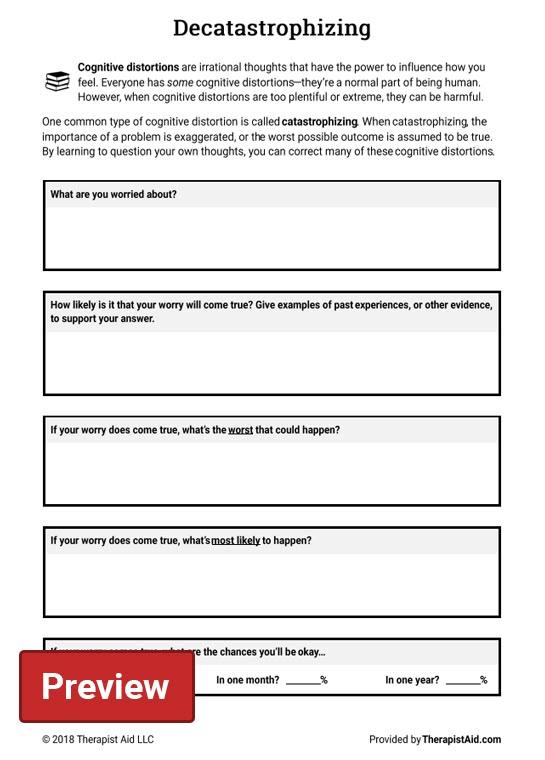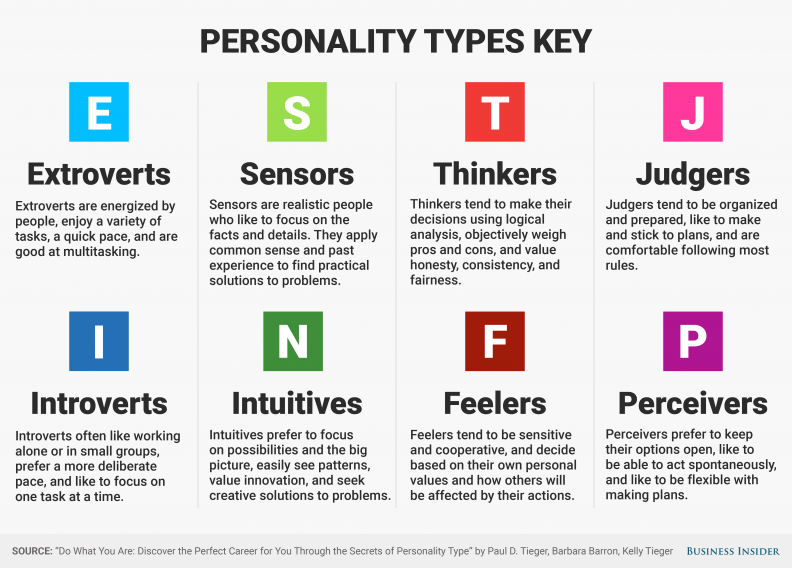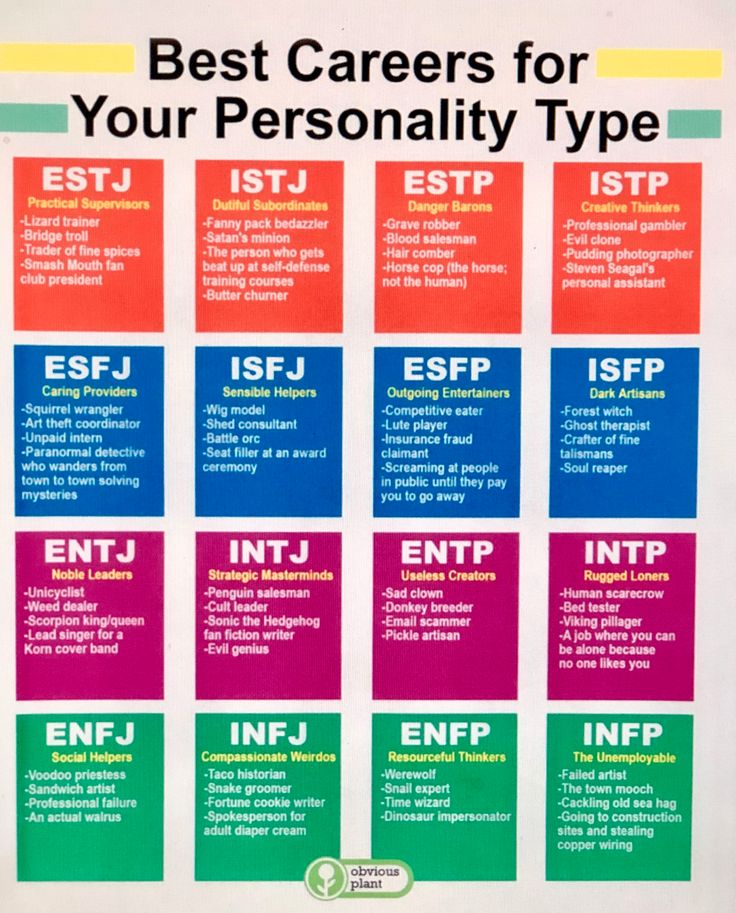Things you can do to improve your life
How to Improve Your Life Today: 10 Tips
1. Writing your story every dayYou’re the owner of your life. How do you want that to look today?
“For life improvement, I suggest considering what you’d like to accomplish today, and the vibe you want to carry,” says John Duffy, PhD, a clinical psychologist and author of the book “The Available Parent: Radical Optimism for Raising Teens and Tweens.”
Like any author, you may have a few story plots to choose from. Duffy suggests you try to identify which is the better story for you and go for it.
“The better story might be getting up earlier rather than sleeping in [or] reaching out to help someone instead of passively ignoring their need,” he adds.
2. Identifying what’s keeping you stuck
How to improve your life may be a matter of identifying those things that get in the way of said improvement. Are there certain events or people in your life that you feel have become roadblocks to your development?
Feeling stuck might look different for everyone. You may feel like it regardless of the circumstances in your life, or you might have specific relationships or tasks that take energy and focus from you.
You might want to start exploring what “feeling stuck” means to you, if anything at all. Maybe you feel empty or lonely, or perhaps you engage in procrastination.
“This approach gets you to be both reflective and active, [which are] two steps necessary for change,” says Deborah Serani, PsyD, a clinical psychologist.
Serani also recommends considering these three steps:
- Stop. “Oftentimes it’s a blind spot you can’t see, so taking time to mull things over helps you see more clearly,” says Serani. “Is it a decision you’re afraid to make? Are certain people bringing you down? Are you in a cycle of negative thinking?”
- Look around. Serani recommends you consider how this blind spot is touching your life. “Is it only at home? Or just at work [or] school?” she adds.
- Listen to yourself.
 What are your heart and mind telling you about what you need to do? “Learning to reflect on your inner thoughts and feelings will help you trust putting them into action,” says Serani.
What are your heart and mind telling you about what you need to do? “Learning to reflect on your inner thoughts and feelings will help you trust putting them into action,” says Serani.
Consider exploring these areas of your life:
- interpersonal conflict and friction
- career goals and job opportunities
- emotional regulation and how it impacts your mood
- physical health and lifestyle habits that impact it
3. Focusing on right now
Are you overly concerned about past mistakes or what will happen tomorrow? Focusing on self-growth and life improvement may require you to live in the present moment.
According to Alison Thayer, LCPC, a psychotherapist in Chicago, focusing on right now can be challenging, especially in today’s world.
“Today’s technology and expectation to be connected or available to work at all times is one of the most prominent challenges people face when trying to be present in the here and now,” she says.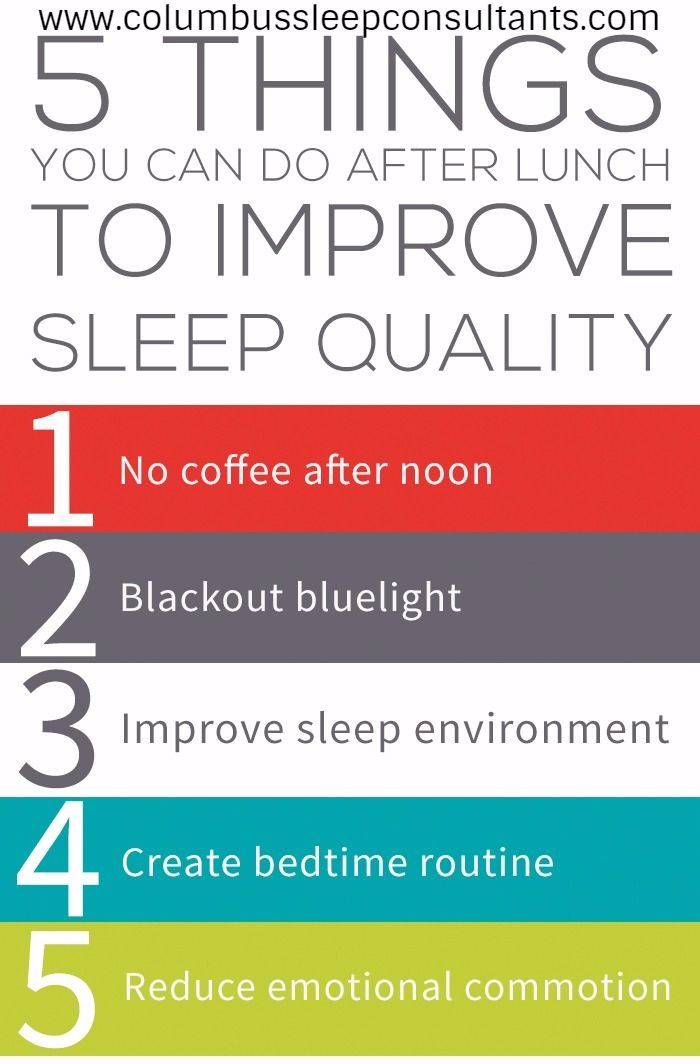
So, how can you focus more on the present? Consider these:
- a mindfulness practice
- accepting the things you can’t control
- living more intentionally
- reaching peace of mind
- letting go of unhealthy attachments
- forgiving yourself
- engaging in grounding exercises
4. Getting better at time management
Among the things you can do to improve your life right now, managing time efficiently may be key.
Time management helps you achieve more, improve focus, stay motivated, and avoid feeling like you’re wasting time.
The feeling itself of being productive may improve your mood and your mental well-being.
You can get better at time management by:
- blocking time on your calendar for must-dos and honoring those time blocks
- stacking habits or doing a few things at the same time. For example, reviewing your calendar while you get breakfast.
- starting with the most challenging tasks early in the morning or when you feel you have the most energy
- finding an organizational or tracking system that works for you and gives you a glance of what you’ve accomplished throughout the day
- scheduling periodic pauses during the day to reset your mind and body
- rewarding yourself when you complete a task
5.
 Setting realistic and attainable goals
Setting realistic and attainable goalsThe best things for self-improvement aren’t necessarily the most complex and difficult to obtain. Often, improving your life is taking care of the details.
“Setting goals is a key step in accomplishments,” says Thayer. “However, […] lofty goals […] may not even be realistic.”
If you’re setting sky-high goals from the start, you may end up feeling like you’re not improving at all.
“Holding ourselves to goals that we cannot reach can damage our self-esteem and inhibit our interest in trying to reach these goals again,” says Thayer. “When setting your mind to reach a goal, ask yourself ‘Is this realistic and can I actually attain this goal?’ If the answer is no, consider breaking the goal down into intermediate steps or modifying it all together.”
6. Challenging negative thoughts
Everyone uses common cognitive distortions to explain everyday situations. These are filters you inadvertently put on your thoughts that may make you see your world more negatively than it actually is. Cognitive distortions are the foundation for negative thinking.
Cognitive distortions are the foundation for negative thinking.
One way of challenging these negative thoughts is to focus on the evidence rather than the thought itself.
For example, if you tend to think that nobody likes you at work, you can stop yourself for a minute and ask yourself, “what evidence do I really have that this is a fact?” Then, try to start gathering information. You might find out that your thought isn’t accurate or that it doesn’t apply to all scenarios.
Often, your mood may be a result of the things you think. If you change the way you think, you may see a change in the way you feel. The more you challenge negative thinking, the more you can improve your life.
Thayer also suggests taking a different and more positive stance whenever you’re saying negative things to yourself.
“When things aren’t going right, ask yourself ‘Could things be worse?’ or ‘Is there anything I can take out of this that can be a benefit to me?'” adds Thayer. “More often than not, there’s a positive aspect to things that happen, even those that feel negative.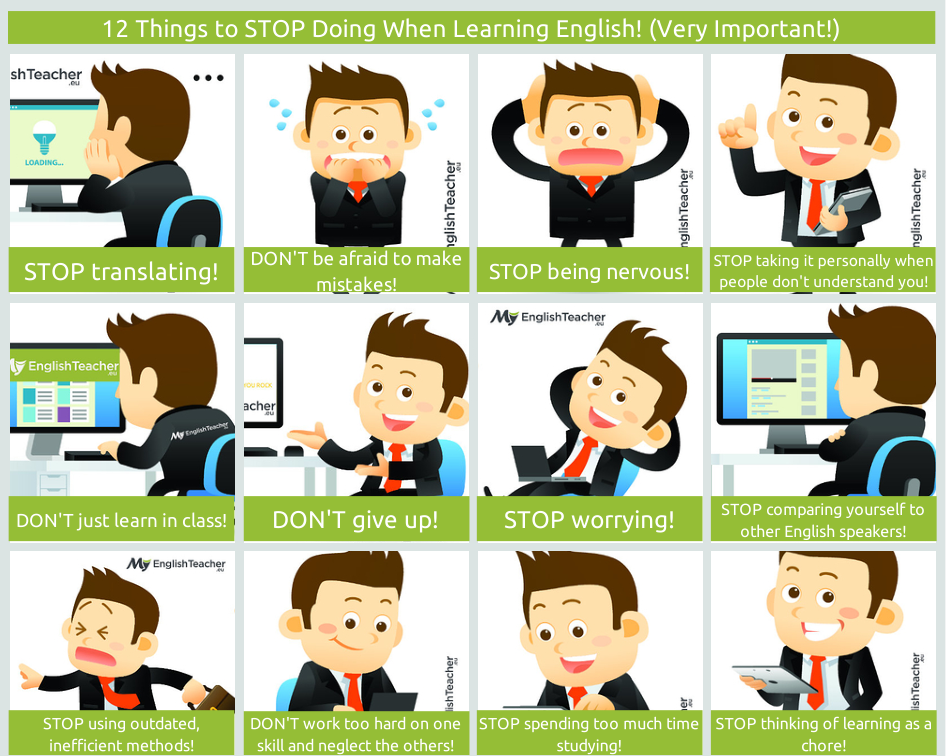 ”
”
7. Getting your 8 to 9 hours of sleep
If you’re thinking about how to improve your life right now, sleep hygiene should be top on your list of things to do.
Sleeping well has a direct effect on your mood, ability to think, and your energy levels, which are essential to doing the things you want to do.
“It’s easy to steal time from sleep by staying up ‘just a little longer,’ whether it’s to finish the laundry or a TV show,” says clinical psychologist Ari Tuckman, PsyD. “The problem is that the reward is immediate, which makes it hard to resist. But the price is paid tomorrow.”
Tuckman says that neglecting your sleep time, even if for one night, may hamper your ability to:
- solve problems
- focus on tasks
- gather information to make decisions
It can also make you feel more irritable and short tempered. “This gets even worse when several short nights stack up,” he adds.
Try to establish a bedtime routine so you fall asleep around the same time every night.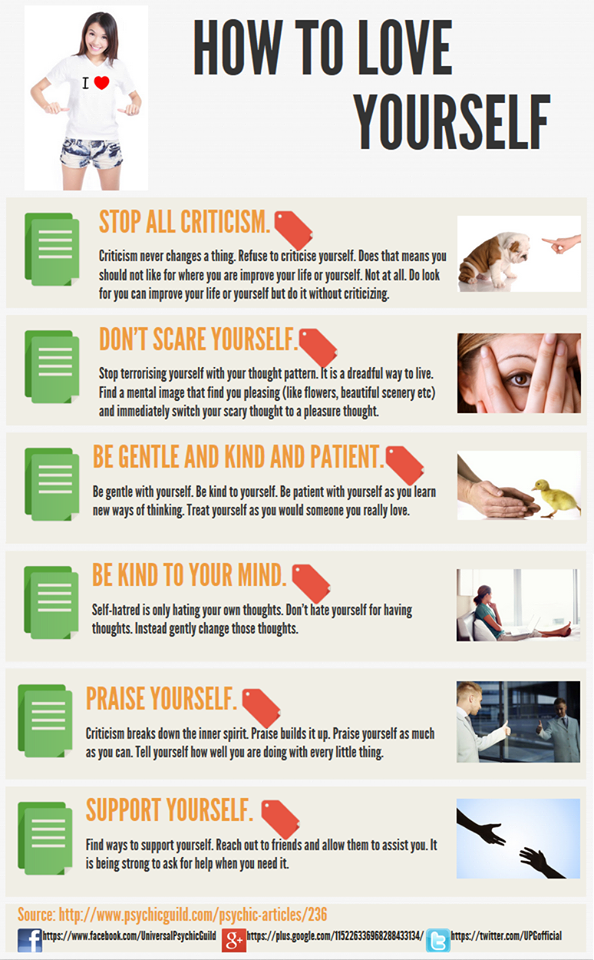 Try to resist the impulse to scroll social media before bedtime, and instead engage in relaxing activities before bed. After a night of adequate sleep, you may notice an improvement in your mood and thinking process right away.
Try to resist the impulse to scroll social media before bedtime, and instead engage in relaxing activities before bed. After a night of adequate sleep, you may notice an improvement in your mood and thinking process right away.
Practicing relaxation techniques can also help you sleep better and feel mentally alert.
8. Participating in physical activity
Moving your body can improve your life, mentally and physically, in a matter of days.
“Regular exercise is an important part of not just physical health, but also mental health,” explains Tuckman. “It’s also one of the first things to go when we get busy.”
Try to incorporate exercise or moving into your daily routine, so no matter how busy you are, you’ll always find a time and space to do it.
Moving can look like:
- dancing around your house
- doing some pool laps
- going to the gym
- using the stairs instead of the elevator
- walking around your neighborhood or preferred area
- doing yoga
- following a YouTube workout video
- walking around your office or home for 5 minutes every hour
Try to have at least 30 to 60 minutes of physical activity every day. You may find that you feel more energetic, clear-minded, and optimistic after you exercise.
You may find that you feel more energetic, clear-minded, and optimistic after you exercise.
9. Practicing gratitude
Research shows that practicing gratitude improves the way you feel about your life and your overall life quality.
You can become more grateful every day by:
- mentally or physically listing all the things that are positive and healthy in your life
- recognizing the skills and qualities you’ve developed in yourself
- verbally expressing thanks to important people in your life
- ending your day by thinking about the positive things that you experienced today
- starting your day by focusing on the opportunities ahead
Practicing mental subtraction can also boost gratitude in your life. This means realizing the impact events and people have on your life by thinking about what life could be right now if you didn’t have them.
10. Setting an intention
One of the best things for self-improvement is to set an intention for your life, your day, your hour, and everything you do.
One way of setting an intention is to practice visualization and see yourself accomplishing those things you want.
“Positive visualization increases the likelihood of success,” says Joyce Marter, LCPC, a licensed counselor in Chicago. “We largely create our own realities through our thoughts and intentions, so clarify them by writing out your goals and objectives.”
Thayer suggests carving out time to set intentions for every day. “Make it a ritual and part of your daily routine, like in the shower, when driving to work, or drinking your morning coffee,” she said.
Sometimes, it’s possible that despite your best intentions and efforts, you still feel you haven’t improved the way you want or need. This is natural and common.
Consider reaching out to a mental health professional to explore possible reasons you feel this way and how to cope. They can help you develop a self-improvement plan that works for your specific needs.
You can improve your life and yourself starting today.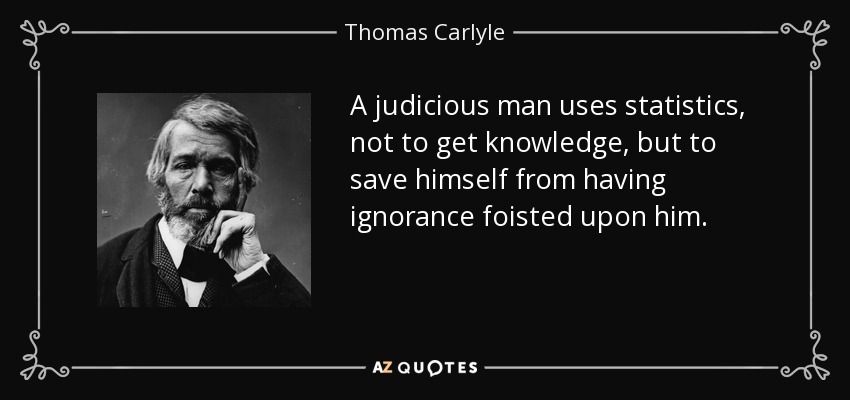 Self-improvement may look different for everyone, so the first step might be to figure out what “improvement” means to you. Is it a different job? A new relationship? A sense of satisfaction?
Self-improvement may look different for everyone, so the first step might be to figure out what “improvement” means to you. Is it a different job? A new relationship? A sense of satisfaction?
Other things you can do to improve your life right now include sleeping well, practicing gratitude, moving more, and focusing on the evidence rather than what negative thoughts tell you.
20 Easy Ways to Improve Yourself and Your Life
When there’s work and family and bills and more, it’s easy to think of self-improvement and personal development as something you’ll have time for one day. The same goes for improving your life overall.
But improving your life—or yourself—doesn’t have to be about making one big gesture. Instead, it typically comes down to the small things you do every day that can add up to larger growth in the long run. These small habits and practices may help you increase your confidence, reduce your stress, build deeper relationships, stabilize your work-life balance, become a healthier person (mentally, emotionally, or physically), and be happier.
SEARCH OPEN JOBS ON THE MUSE! See who’s hiring here, and you can even filter your search by benefits, company size, remote opportunities, and more. Then, sign up for our newsletter and we’ll deliver advice on landing the job right to you.
No one has all the time in the world to think about self-improvement, so let’s start with just 30 minutes. Yup, that’s all—bet you’re listening now.
We’ve come up with a list of activities that can help you become a better “you” in just half an hour (or less) each week. Give one (or two or five or all!) of them a try.
1. Practice mindfulness.
I’m sure you’re sick of hearing that you should “totally try meditation,” especially from your (newly) yoga-devoted mother. But mindfulness is a lot more realistic to achieve than the kind of meditation you hear about because it doesn’t require years of practice or a yoga mat. Mindfulness only takes 30 minutes (or less!) and can be done without leaving your desk.
Wanna give it a shot? Here’s exactly how to do it.
2. Develop a consistent morning routine.
One way to have a productive day—and save yourself time in the morning—is to break down every task you need to do into small steps and then schedule all of them. This means you know exactly what activity you’ll do from the moment you wake up.
Sounds a bit overwhelming, yes, but the reason it works is because you don’t waste any time trying to decide on things—spending 10 minutes picking out an outfit, spending 15 minutes deciding if you want to go on a run—you just do it. And that way, you’ll (almost) always be out of the house exactly on time.
via GIPHY
3. Do the same with a bedtime routine.
Another way you can get to a happy, healthy morning is a terrific bedtime routine. There’s no perfect formula that’ll work for everyone. The important thing is to make one and stick to it.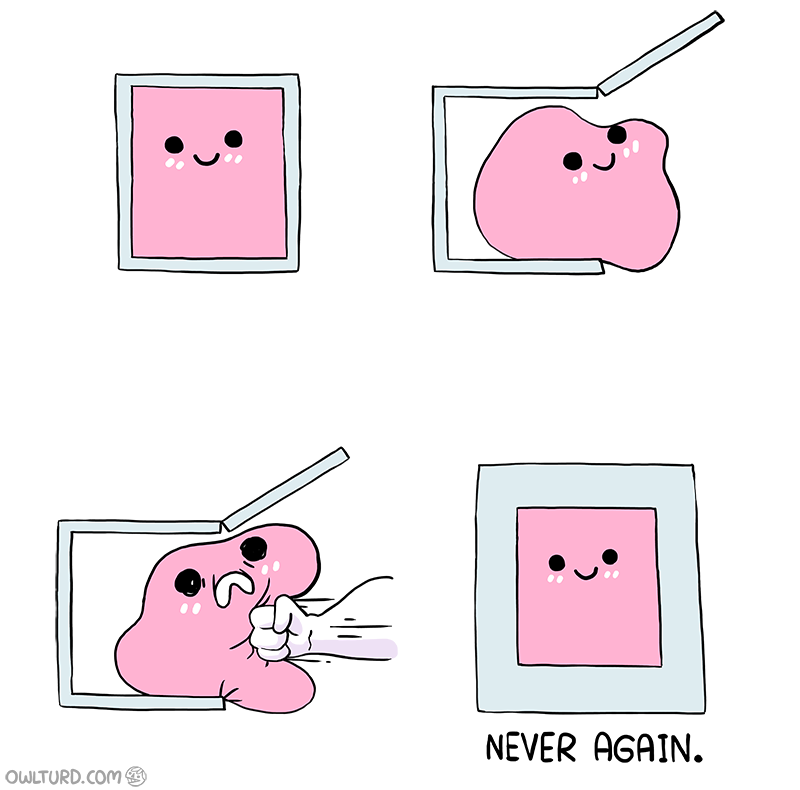
For example, every evening I shower, make my lunch for the next day, and spend 10 or so minutes doing something that relaxes me, whether that’s scrolling through social media, reading 15 pages of a book, or talking to my parents on the phone. The consistency helps me fall asleep better and feel prepared to conquer the next day.
Here are five great bedtime routines you should definitely try—and each will only take you five minutes.
4. Redo your bedroom for a better night’s sleep.
Especially when you’re busy or stressed, it can be hard to get your best sleep every night, even with an awesome bedtime routine. Try creating a space where you’ll always feel good going to bed by using one or more of these seven quick DIY projects.
5. Find an energizing midday activity.
You probably saw it coming, but just as important as setting a schedule for your mornings and evenings is having an activity that’s guaranteed to bring you out of even the worst midday slump.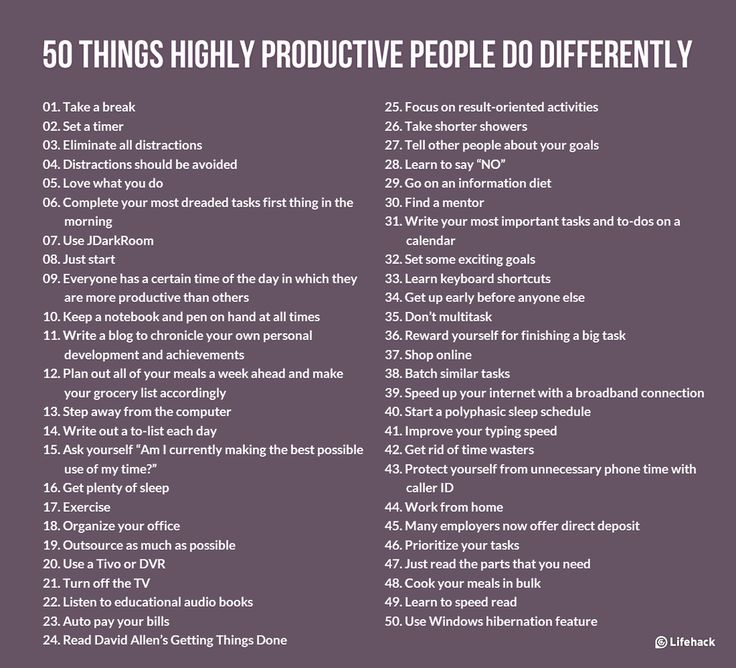
Try these five habits or these easy ways to recharge (that don’t involve coffee).
via GIPHY
6. Make your lunch (and dinner).
Making your meals every day not only guarantees you have control over your health, but it’s also cheaper and a great way to learn a new skill or experiment with your cooking abilities. Plus, you get to boast to coworkers when they ask where you got the food. For some brag-worthy recipes, check out these 52 lunch ideas, or these quick office snack ideas.
7. Then eat it away from your desk.
Muse writer Kat Boogaard learned many valuable lessons after eating lunch away from her desk. For one thing, taking a break is just good for you. But she also realized the importance of practicing work-life balance all day, rather than just after work was over. By giving yourself that time off during office hours, you’re already one step closer to a healthier, well-balanced life.
8. Watch a TED Talk.
TED Talks are like mini-lectures. They just might teach you more about yourself, inspire you to innovate, or just introduce an interesting new topic. Plus, they’re usually only about 20 minutes—so you can watch one and get a super quick knowledge boost while getting ready for work in the morning, during your lunch break, or when you’re sitting in a waiting room.
9. Listen to a podcast.
Similarly, podcasts are great on-the-go entertainment. And a lot of the time they’re just what you need to unwind. I’m a big fan of tackling one podcast during my commute each day—half of it on the way to work, half on the way back, and the stories always bring out some real emotions. (For reference, my favorites are This American Life and You’re the Expert.) But the types of podcasts out there are very nearly limitless. So whether you want to catch up on the news, learn something new, hear what people are saying about your favorite topic (whether that’s fantasy sports, The Real Housewives, historical events, or video games), experience a fascinating true story, or laugh at something more light-hearted, you can find the perfect podcast for every mood.
via GIPHY
10. Freewrite.
Freewriting is basically what the name implies: writing, freely—as in without any directions or constraints. You don’t need to be a writer to freewrite. In fact, dropping all the concerns about how your writing sounds or whether it’s grammatically correct is key. You just set a timer and start writing, maybe with a prompt or question to get you started, and see where the writing takes you. It’s a great way to discover something new about what you want or what you’re feeling. Here are five prompts to help you freewrite your way out of a career slump (plus a few tips).
11. Do a bunch of little productive tasks.
I challenge you to set aside 30 minutes and do all those tiny tasks you’ve been meaning to do, but keep putting off, all at once. First, this prevents you from multitasking later on when emails are rushing in while you’re trying to do your work.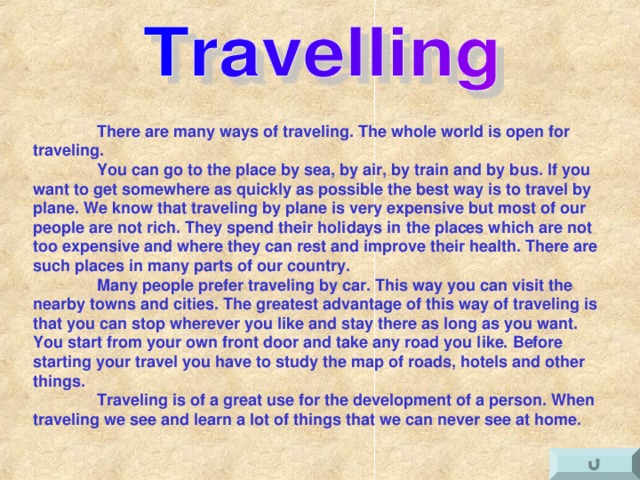 Second, it forces you to tackle those things that make you cringe—things that, once they’re done, will make your life a heck of a lot easier.
Second, it forces you to tackle those things that make you cringe—things that, once they’re done, will make your life a heck of a lot easier.
Not sure what chores I mean? I’ll help you out—here’s a to-do list of 21 useful things you can do in five minutes. If those don’t do it for you, here are nine other productive things you can complete in 15 minutes.
12. Get to know yourself.
What better way to improve your life than by learning all about your strengths and weaknesses and homing in on your best self? To get started, here are 14 free personality test you can take in the next half hour.
via GIPHY
13. Treat yourself.
How long has it been since you treated yourself to a relaxing massage or a manicure? Well, maybe this is your week to do it. Was there a game you’ve been meaning to download and play? Or a cool new lunch spot you’ve wanted to try? You deserve it, so go get it.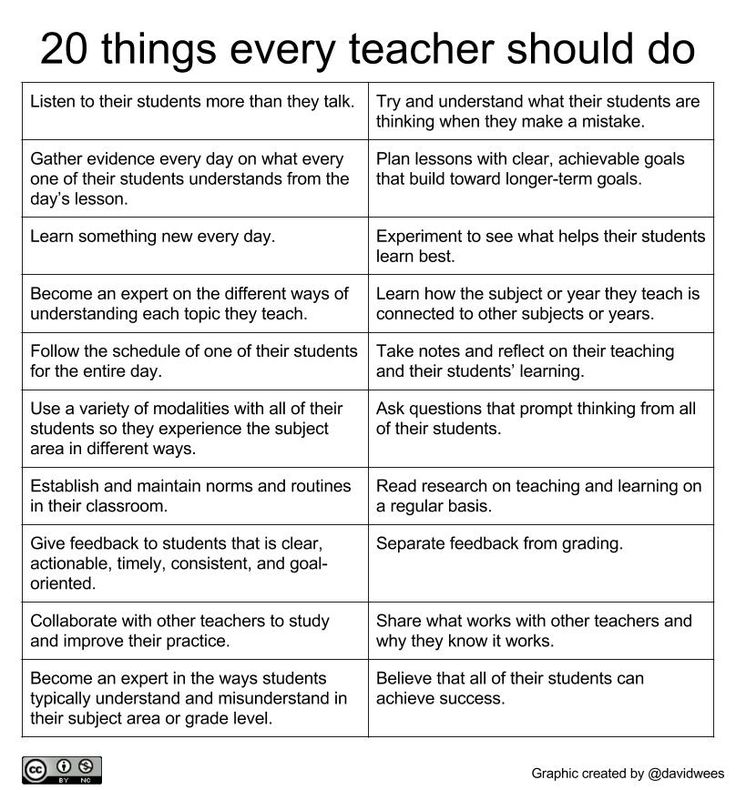
14. Revisit your goals.
You probably made some New Year’s resolutions or set monthly goals for yourself (whether on paper or in the back of your mind). Have you followed through on any of them? Are there ones you can get rid of, or alter? Do you feel confident in achieving all of them? Take some time to reflect positively on how far you’ve come, and think about where you want to be—and maybe write down the steps you need to take to get there.
15. Start a feedback file (or return to one).
Everyone has periods when they’re feeling discouraged. For these moments, you can create a feedback file. Go back and screenshot, jot down, or otherwise note positive feedback you’ve received—whether it’s about your work, a hobby, or anything else. Put it all in one place and continue to add to it over time. Then, whenever you’re feeling down on yourself, you can return to all the great things people have said about you and remind yourself of your strengths. You might also return to the work feedback when it’s time to prepare for a review, write a cover letter, or do something else that involves talking yourself up.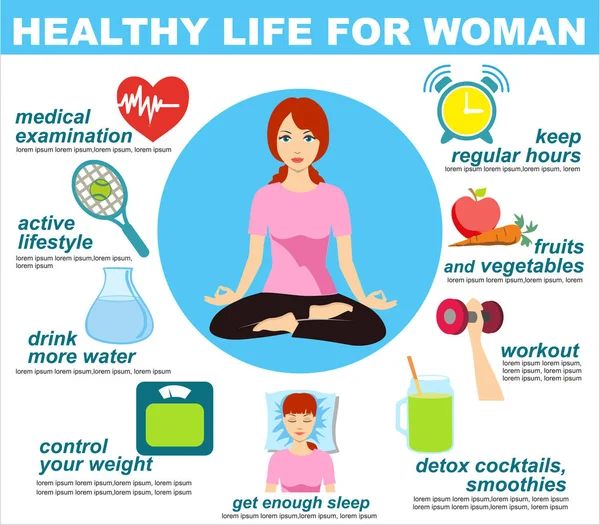
16. Note your achievements
Taking the time to reflect on what you’ve done well each week can help you focus on the positive. And like the feedback file, returning to your past achievements week after week can be a confidence booster—and help you out when it comes time to brag about yourself. We’ve even created a handy worksheet to help you track your achievements over time.
via GIPHY
17. Connect with an old friend or new coworker.
If it’s been a while since you’ve seen or talked to someone you used to chat with regularly, reach out and let them know you’re thinking about them. Maybe even try it the old-fashioned way—sending a physical letter! Snail mail can make anyone’s day. (Isn’t it the best when you find an envelope addressed to you and it’s not a bill or junk mail?)
Or if you haven’t had a chance to meet a colleague in another department or a new coworker who just joined last week, consider setting up a lunch or coffee.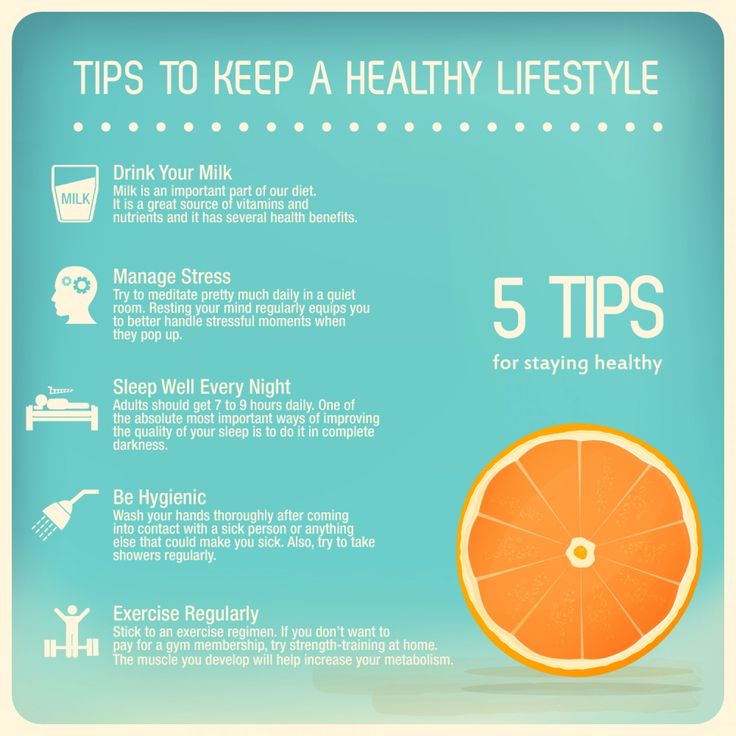 You’ll make a work friend and, even better, you’ll build up your network.
You’ll make a work friend and, even better, you’ll build up your network.
18. Clean your closet.
By “closet” I also mean your desk, your office, your bedroom, or even your kitchen cabinets. Cleaning is stress-relieving, and actually a form of mindful meditation, according to some studies. You can even try “tidying up” your work life, Marie Kondo–style, to help spark more joy.
19. Do some screen-free activities.
It’s not exactly groundbreaking to say that we spend a lot of our lives staring at screens. But taking some time to intentionally engage in activities that aren’t on a computer, TV, phone, or other device can help our eyes, our sleep, and our overall mental well-being. Try taking up a hobby like reading (books or magazines with actual paper pages), painting, crocheting, or playing an instrument to give yourself a break.
via GIPHY
20.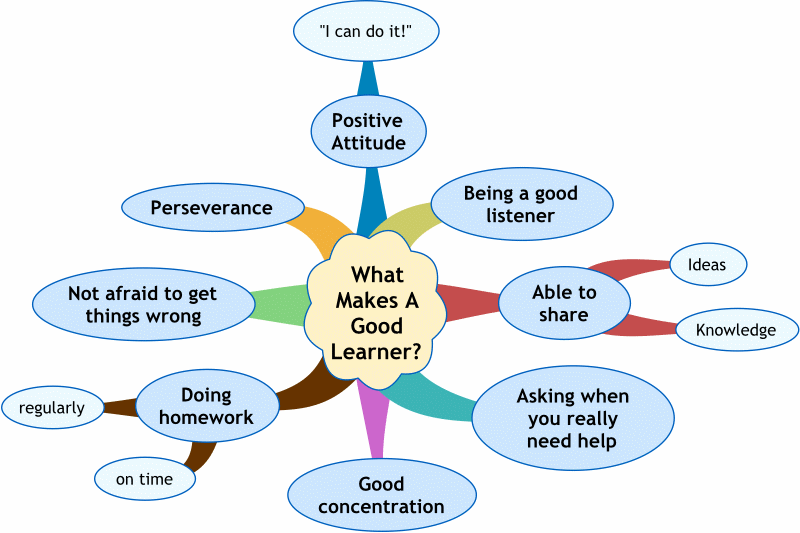 Get outside.
Get outside.
Notice how I didn’t say “go to the gym” or “go for a run.” Because, yes, exercise is great. But for most people, including myself, it’s a lot easier said than done.
So I have another option for you—go outside. Walk around, sit in the park and read, or go for a leisurely bike ride. Just being outdoors is good for you in so many ways. It improves creativity, helps us age better, makes us happier, and, it might actually make you want to work out more (science says so!).
Don’t you feel better already? Try out these simple activities and see if you can start to develop a few new habits—ultimately you’ll see benefits far beyond just the 30 minutes a week you spend on them.
Regina Borsellino also contributed writing, reporting, and/or advice to this article.
Updated 3/18/2022
Previously an editor for The Muse, Alyse is proud to prove that yes, English majors can change the world. She’s written almost 500 articles for The Muse on anything from productivity tips to cover letters to bad bosses to cool career changers, many of which have been featured in Fast Company, Forbes, Inc.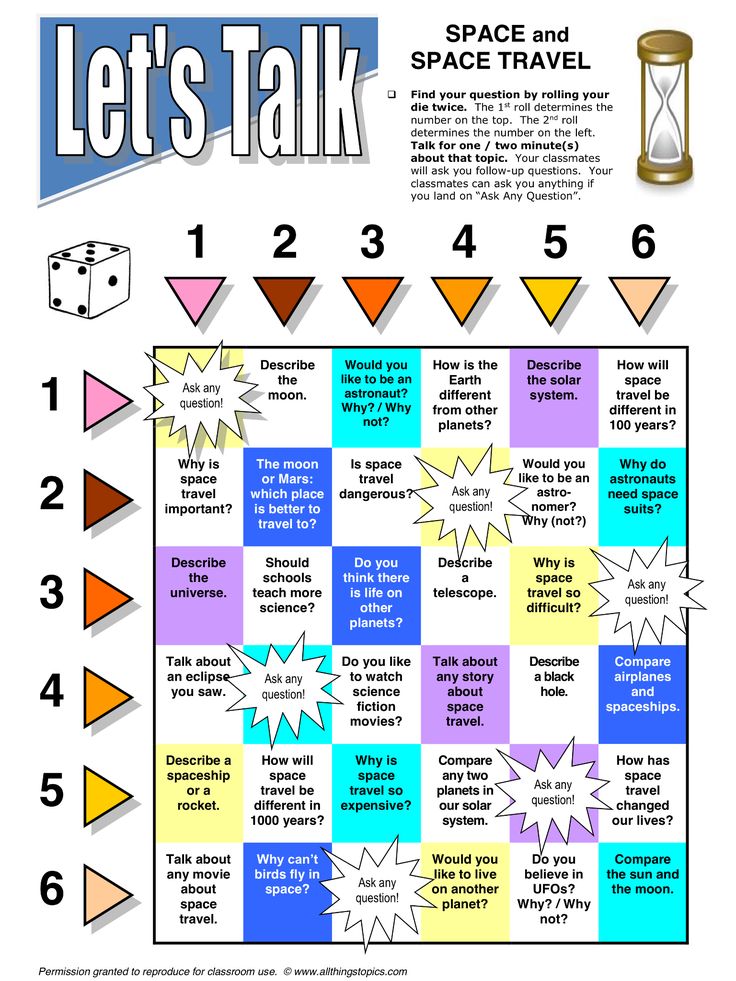 , CNBC's Make It, USA Today College, Lifehacker, Mashable, and more. She calls many places home, including Illinois where she grew up and the small town of Hamilton where she attended Colgate University, but she was born to be a New Yorker. In addition to being an avid writer and reader, Alyse loves to dance, both professionally and while waiting for the subway.
, CNBC's Make It, USA Today College, Lifehacker, Mashable, and more. She calls many places home, including Illinois where she grew up and the small town of Hamilton where she attended Colgate University, but she was born to be a New Yorker. In addition to being an avid writer and reader, Alyse loves to dance, both professionally and while waiting for the subway.
60 small steps to a better life in 100 days
You can get these tips in book form at this link.
How to change your life? Another guide to action to improve your life and put in order not only your thoughts, but also your things. As we know, everything is interconnected: if you lower your head and slouch, you will immediately feel insecure. But as soon as you raise your head, straighten your shoulders and smile, even in a bad mood, everything changes around you and you are already the kings of the ball. nine0005
"100 Days of Summer" will no longer work, so let's add a small piece of the velvet season there for good measure;)
In order to change your life (and in any direction), you need quite a bit - just start acting. But this "simple" is not always so simple. Sometimes we know what to do, but these actions seem scary to us. And sometimes we do not have a clear plan, nor an understanding of how to draw up this plan. Perhaps these 60 small steps will help you finally start doing something. And even if after 20 steps you realize that this is not your plan, you will already be ready to make your own plan. Eyes are afraid, but hands do? nine0005
But this "simple" is not always so simple. Sometimes we know what to do, but these actions seem scary to us. And sometimes we do not have a clear plan, nor an understanding of how to draw up this plan. Perhaps these 60 small steps will help you finally start doing something. And even if after 20 steps you realize that this is not your plan, you will already be ready to make your own plan. Eyes are afraid, but hands do? nine0005
House
1. Create your own "Calendar for cleaning the House of unnecessary things", distributing the cleaning of various household areas by day.
Day 1: Parse magazines.
Day 2: Parsing the DVD.
Day 3. Parsing books.
2. Live according to the mantra: "There is a place for everything and put everything in its place." Try all 10 days to follow the following 4 rules:
1. If you took something, put it back in its place. nine0005
2. If you open something, close it.
3. If you drop something, pick it up.
If you drop something, pick it up.
4. If you have removed something, hang it back.
3. Walk around the house and find 100 things that need fixing or tweaking. For example, change a light bulb, seal a hole in the wallpaper, screw in a new outlet, etc.
Happiness
4. Finally follow the advice given by psychologists of all countries and absolutely different views - write on a piece of paper from 5 to 10 things for which you are grateful in your life every day. nine0005
5. Make a list of 20 small things you enjoy doing and make sure you do at least one of them a day for the next 100 days. For example, eat your lunch on a bench in the park, walk in the park with a dog in the evening, 1 hour of watercolor painting, etc.
6. Keep a diary of your mental chatter—that is, record your thoughts and feelings as you go through the day. For example, how many times a day have you blamed yourself for something, how critical you are to others, how many times a day you have positive thoughts, etc. nine0005
nine0005
7. Try to have a good laugh at least once a day for the next 100 days.
Study or self-development
8. Choose a difficult book that you still have not dared to read, but wanted to. Read it in 100 days from cover to cover.
9. Learn something new every day. For example, the name of a flower, the capital of a distant country, the name of a dog breed you like, etc. And in the evening you can scroll in your head all the new things that you learned over the past day, get a dictionary and learn a new word. nine0005
10. Stop complaining for the next 100 days. Negative thoughts lead to negative results. Every time you feel like complaining, try to stop yourself.
11. Set your alarm one minute earlier each day for 100 days. Try to get up as soon as the alarm goes off, open the windows, do light exercises. After 100 days, you will wake up 1.5 hours earlier without much effort.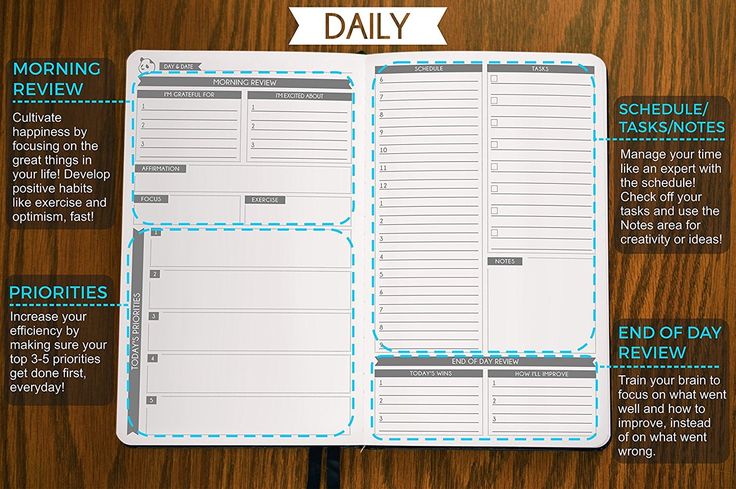 nine0005
nine0005
12. For the next 100 days, write the Morning Pages, a simple stream of consciousness in the morning that you will write in a special notebook. This should be the first thing you do after waking up.
13. For the next 100 days, try to focus your attention on the thoughts, words and images of who you want to become and what you want to achieve.
Finance
14. Make a budget. Write down every penny you spend in 100 days. nine0005
15. Search the Internet for good financial advice and pick 10 of them. Try to follow them for the next 100 days. For example, going to the store with limited cash and no credit card, doing several things in one trip to save on gas, etc.
16. Pay in stores only with paper money and put the rest of the change after purchases in the piggy bank. After 100 days, calculate how much you can save. nine0005
17. For 100 days, do not buy anything that you do not really need (meaning fairly large purchases).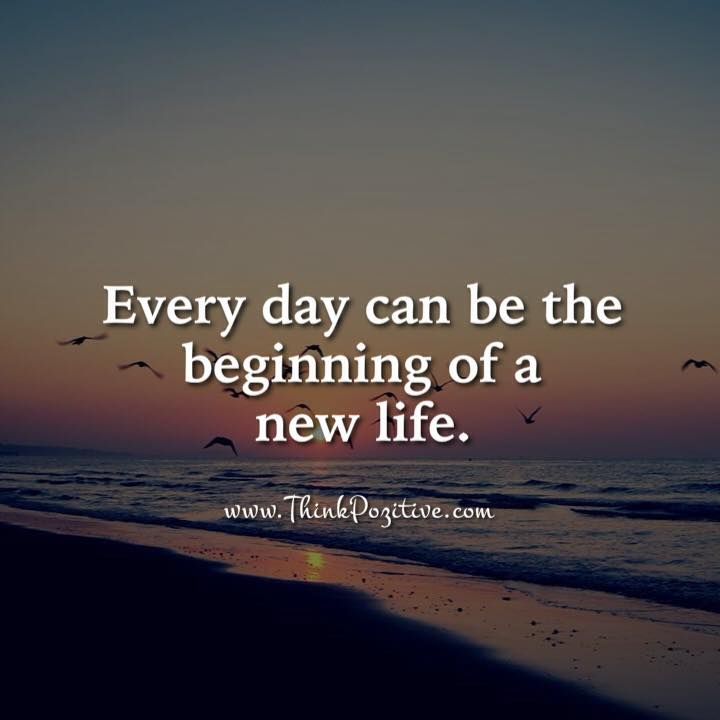 Use this money to pay off a loan (if you have one) or put it in a savings account for six months.
Use this money to pay off a loan (if you have one) or put it in a savings account for six months.
18. For 100 days, devote at least 1 hour a day to finding or creating a source of additional income.
Time Management
19. Carry a notebook with you everywhere for the next 100 days. Write down all the ideas and thoughts that come to your mind, make your to-do list, write down new meetings literally on the go right after the calls. nine0005
20. Track how you use your time for 5 days. Use the information you've gathered to create your "time budget": the percentage of your total time spent on activities that you do each day. For example, house cleaning, commuting time, vacation time, etc. Make sure you stay within your budget for the next 95 days.
21. Set yourself a low-priority activity that you don't have to do for 100 days, and replace it with a really important one. nine0005
22. Identify 5 ways your time is "leaking" and limit that time to the next 100 days. For example, do not watch TV for more than 1.5 hours, do not spend more than 1.5 hours a day on social networks, etc.
Identify 5 ways your time is "leaking" and limit that time to the next 100 days. For example, do not watch TV for more than 1.5 hours, do not spend more than 1.5 hours a day on social networks, etc.
23. For the next 100 days, stop multitasking and do only one important thing a day.
24. For the next 100 days, plan your day from the evening.
25. For the next 100 days, do the most important things on your to-do list first, and then everything else. nine0005
26. Review each week for the next 14 weeks. During the weekly survey, answer the following questions:
What have you achieved?
What went wrong?
What did you do right?
27. For the next 100 days, at the end of each day, tidy up your desk, sort out your papers and stationery. So that every morning you will have an order on your desktop.
28. Make a list of all the promises and commitments you have made for the next 100 days, then take out a red pen and cross off anything that will not bring you joy or bring you closer to your goals. nine0005
nine0005
29. For the next 100 days, before switching from one activity to another during the day, ask yourself, is this the best use of your time and resources?
Health
30. Losing about a pound of weight requires burning 3,500 calories. If you reduce your calorie intake every day by 175, then after 100 days you will lose about 2.5 kg.
31. Eat vegetables 5 times a day for the next 100 days. nine0005
32. For the next 100 days, eat fruit 3 times a day.
33. Choose one of the foods that consistently disrupts your attempts to eat healthy—whether it's cheesecake from your local bakery, pizza, or your favorite potato chips—and stop eating it for the next 100 days.
34. For the next 100 days, eat from smaller plates to control how much you eat.
35. For the next 100 days, use 100% juice instead of high sugar substitutes.
36. Drink only water instead of soda for the next 100 days.
37. Make a list of 10 easy and healthy breakfasts.
38. Make a list of 20 easy and healthy meals to eat for lunch and dinner.
39. Make a list of 10 easy and healthy snacks.
40. Use your healthy meal lists to plan your meals for the week ahead. Eat like this for the next 14 weeks.
41. For the next 100 days, keep a food journal to see if you deviate from your menu.
42. For the next 100 days, do at least 20 minutes of exercise every day.
43. Always carry a pedometer with you for the next 100 days and try to walk 10,000 steps a day. nine0005
44. Set up your scale and hang a graph from your bathroom. At the end of each of the 14 weeks, weigh yourself and record your weight loss (gain), changes in waist circumference, etc.
45. For the next 100 days, set your watch or computer to remind you every hour to drink water.
46. For the next 100 days, meditate, breathe, visualize - make it your daily ritual to calm your mind. nine0005
Relationships
47. For the next 100 days, find something positive in your partner every day and write it down.
48. For the next 100 days, keep an album of your joint activities, engage in scrapbooking. At the end of your experiment, give your partner the resulting scrapbook and a list of all the positive things you have observed during those 100 days.
49. Identify 3 things you will do each day for the next 100 days to strengthen your relationship. It can be the words "I love you" or hugs every morning. nine0005
Social life
50. Connect with someone new every day for the next 100 days. It can be your neighbor with whom you have never communicated before, your comment on a blog where you have never written anything before, a new acquaintance on social networks, etc.
51. For the next 100 days, focus on connecting with people you admire and respect.
52. During the next 100 days, if someone offends or upsets you, think for a minute before answering. nine0005
53. For the next 100 days, don't even think about making a final verdict before both sides have been heard.
54. For the next 100 days, try to do at least one good deed a day, no matter how small.
55. For the next 100 days, praise everyone who deserves it.
56. Practice active listening for the next 100 days. When the interlocutor speaks, listen to him, and do not rehearse your answer in your head, ask again to make sure you heard everything correctly, etc. nine0005
57. Practice empathy for the next 100 days. Before judging someone, try looking at the case from their point of view. Be curious, find out more about the other person (his interests, beliefs, etc.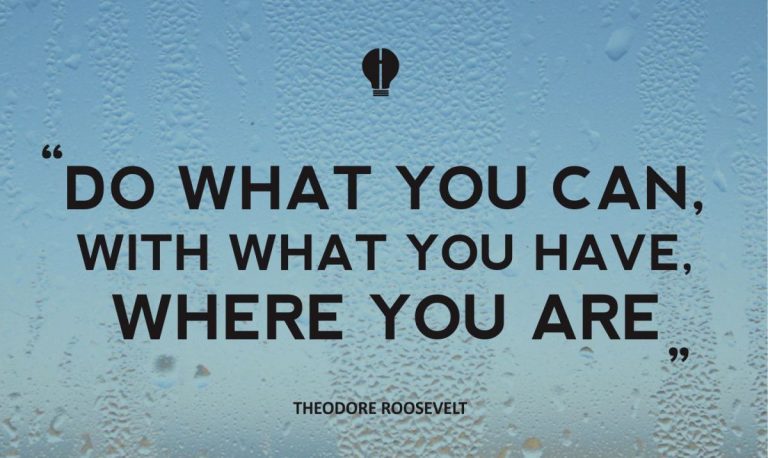 )
)
58. For the next 100 days, live your life and don't compare yourself to anyone.
59. For the next 100 days, look for good intentions in the actions of others.
60. For the next 100 days, constantly remind yourself that everyone is doing the best they can. nine0005
You can pick up these tips in book form from this link.
Photo: Flickr
30 things that start a change for the better
June 5, 2021 Inspiration
Change in life takes action, but sometimes you just don't know where to start. Here are 30 tips to help.
Iya Zorina
Author of Lifehacker, athlete, CCM
You can not only read this article, but also listen to it. If it's more convenient for you, turn on the podcast. nine0303
1. Be honest with yourself
Don't lie to yourself, both about what is right and about what needs to be changed. Be honest with yourself about your accomplishments and who you want to be. Eliminate lying to yourself from all aspects of your life. Because you are the only person you can always count on.
Be honest with yourself about your accomplishments and who you want to be. Eliminate lying to yourself from all aspects of your life. Because you are the only person you can always count on.
Examine yourself to find out who you really are, without illusion or self-deception. Do it once, and then it will be easier for you to understand how you live, how you want to live and how to achieve it. nine0005
2. Don't be afraid of problems
Your problems do not characterize you. Your personality determines how you react to them and how you are used to dealing with them.
In most cases, problems are not solved until you start doing something about them. You don't have to devote all your time to it - start doing something.
Tiny steps in the right direction are much better than no movement at all.
3. Spend time with the right people
The right people are the ones you enjoy being around. These are people who appreciate you and support you on the right path. They make you feel alive and not only accept you for who you are in the present moment, but they are ready to unconditionally accept who you want to become.
They make you feel alive and not only accept you for who you are in the present moment, but they are ready to unconditionally accept who you want to become.
4. Make your happiness a priority
Your needs are very important. If you don't value yourself, don't take care of yourself, and don't think your needs are important, you're only making life harder for yourself. nine0005
Remember that you can take care of yourself without neglecting the needs of others. And when your personal needs are met, you will be much better able to help those who need your help.
5. Be yourself, sincerely and proudly
If you try to be someone else, you lose yourself. Stop it, feel free to be yourself. Embrace your individuality, filled with ideas, strength and beauty. Be who you feel like, be the best version of yourself. nine0005
6. Learn to notice the present moment and live in it
A miracle is happening right now. Now is the only moment in life that you can be sure of.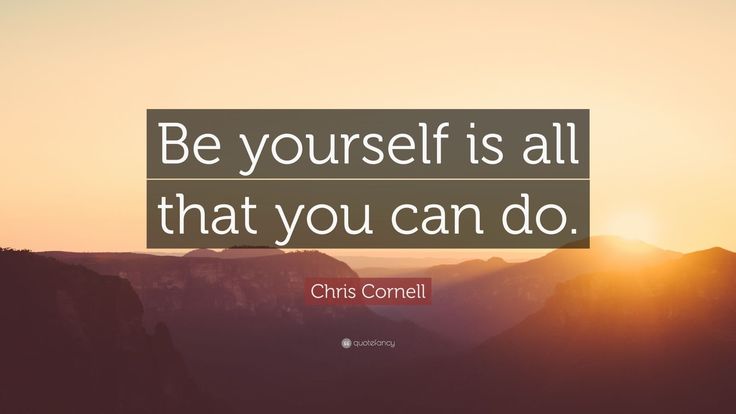 Now is life.
Now is life.
So stop thinking about what great things you will do in the future and stop worrying about what you did or didn't do in the past.
Learn to be here and now and experience life as it flows, not going back in your thoughts and not looking ahead. Appreciate the world for its beauty right now. nine0005
7. Begin to appreciate the lessons you can learn from mistakes
Mistakes are normal, they are stepping stones to progress. If you are not mistaken, then you are not trying hard to achieve something and you are not learning.
Take risks, fail, fail, fall, then get up and try again. Appreciate the fact that you push yourself forward, learn, grow and correct your mistakes.
A winding path almost always leads to significant achievements, full of failures and falls. So the next mistake that you were so afraid of making could be the biggest achievement of your life. nine0005
8. Be nice to yourself
If you had a friend who talked to you in the way you sometimes allow yourself to be talked to in your mind, how long would you put up with him? If you scold yourself mentally or even out loud, you thereby allow other people to treat you the same way.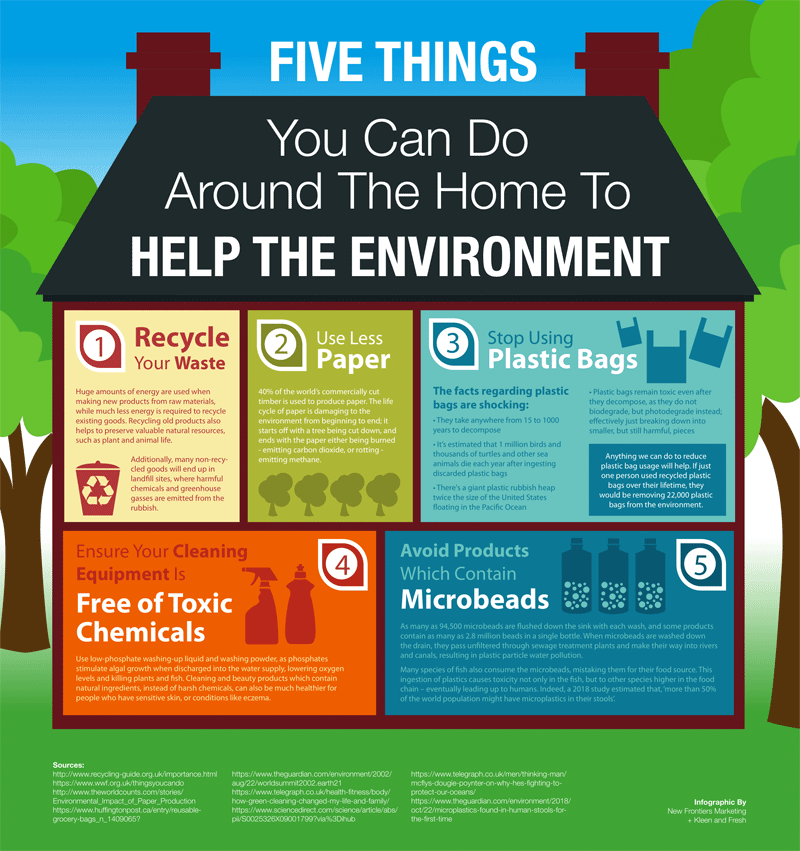
If you don't respect and love yourself, no one will.
9. Enjoy what you have
Many people think that they will be happy if they reach some level in life - the level at which other people live, for example, the boss in a separate cool office or an acquaintance who built a mansion on the beach. nine0005
Unfortunately, this is not easy to achieve, it will take time. And when you finally do this, come up with new achievements for yourself that are not enough to be happy. And so you will work all your life to achieve something new, while not enjoying the fruits of your labors at all.
Learn to relax and enjoy what you already have. You can do a little gratitude practice every morning just by thinking about what you have and being grateful for it. nine0005
10. Learn to find happiness on your own
If you expect someone to make you happy, you are missing out on a lot. Smile just because you can. Choose happiness for yourself.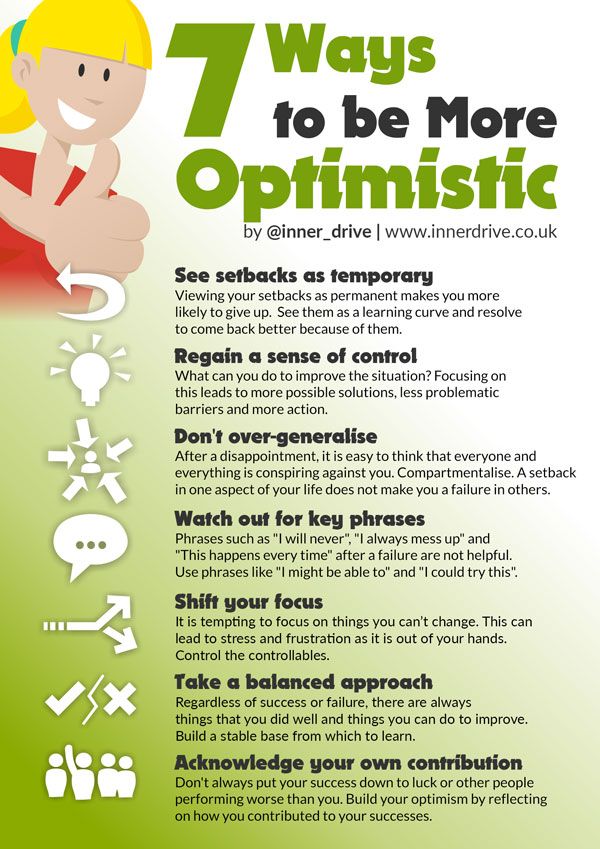 Be happy with yourself, with the way you are right now, and may your path to tomorrow be filled with positivity.
Be happy with yourself, with the way you are right now, and may your path to tomorrow be filled with positivity.
Happiness is often found exactly when you decide to find it and where you choose to find it.
So if you decide to find happiness in the present moment, chances are you will. nine0005
11. Give your ideas and dreams a chance
In life there is rarely a chance, more often you have to find it yourself. You will never be completely sure that your idea will work, but you can be one hundred percent sure that if you do nothing, the idea will definitely not work.
In most cases, your ideas are worth trying. And it doesn’t matter how it ends: success or another life lesson. You win either way.
12. Believe you are ready for the next step
You are ready! Think about it. You already have everything you need to take the next small step forward. So embrace the opportunities that are in front of you and embrace change. It's a gift that helps you grow.
It's a gift that helps you grow.
13. Start new relationships
Start new relationships with reliable, honest people who respect you and accept your changes. Choose friends you will be proud of, people you admire and who will reciprocate your love and devotion. And pay close attention to what the person does. His actions mean more than his words and the opinions of others about him. nine0005
14. Give the people you meet a chance.
It sounds tough, but you can't be friends with everyone. People change and so do priorities. While some relationships are fading, others are getting stronger.
Appreciate the opportunity to start new relationships, abandoning old ones that have served their purpose. Start a new relationship, knowing that you are treading on unfamiliar territory.
Be ready to learn, be ready to challenge and always be ready to meet the person who just might change your life forever. nine0005
15. Compete only with the past version of yourself
Be inspired by someone else's example, appreciate other people, learn from them, but never compete with others.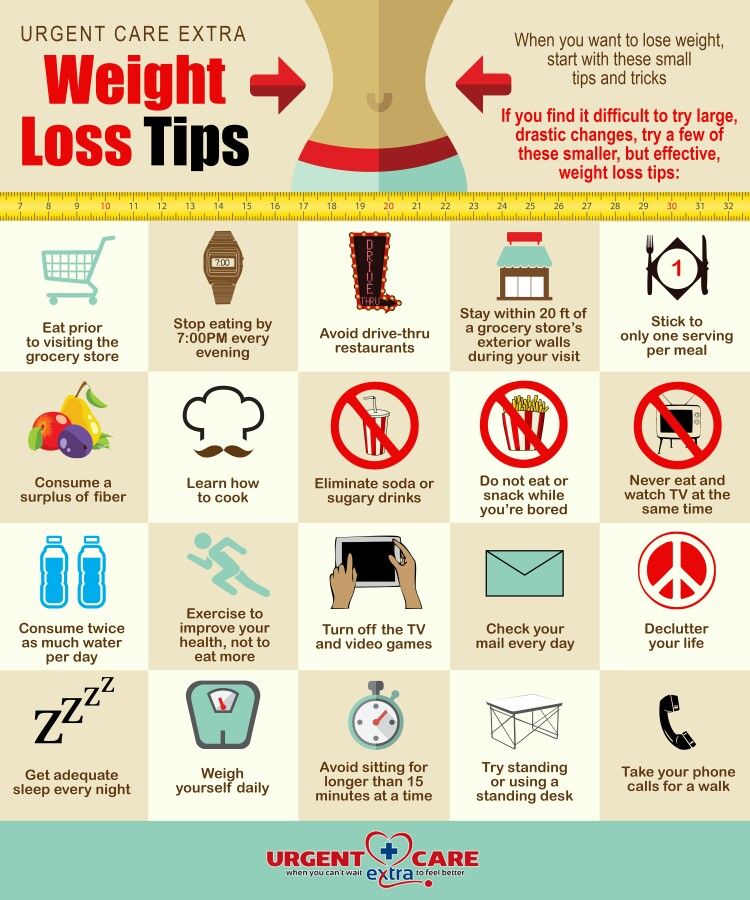 It's a waste of time.
It's a waste of time.
You are constantly competing with only one person - with yourself.
Compete to beat yourself, to become even better. Set yourself the goal of surpassing personal records again and again - only such a competition will benefit you.
16. Learn to rejoice in other people's victories
Start to notice what you like about other people and tell them about it. Recognizing that the people around you are wonderful only leads to good things. So be happy for those who are making progress. Root for them, sincerely wish them victory, and sooner or later these people will start rooting for you.
17. Support Yourself in Difficult Situations
When things get tough in life, don't forget to cheer yourself up. Take a couple of deep breaths in and out and remind yourself that hard challenges will make you stronger. nine0005
Remember your victories and achievements, everything that is right in your life. Focus on what you already have, not what is missing.
Focus on what you already have, not what is missing.
18. Learn to forgive yourself and others
Everyone has ever been hurt by their own wrong decisions or by the actions of other people. And although it is normal to feel pain in such an experience, sometimes the suffering is too long. We experience this pain again and again, and this only prolongs an unpleasant period in life.
The only cure for this is forgiveness. And this does not mean that you erase the past or forget about what happened. This means that you let the resentment and pain disappear and leave this event in your memory as a useful life experience, nothing more.
19. Start caring for others
Show concern for others, show them the right path if you know it. The more you help others, the more they help you. Love and kindness always return.
20. Listen to your inner voice
If it helps, discuss your ideas with people close to you, but make your final decisions based on your intuition.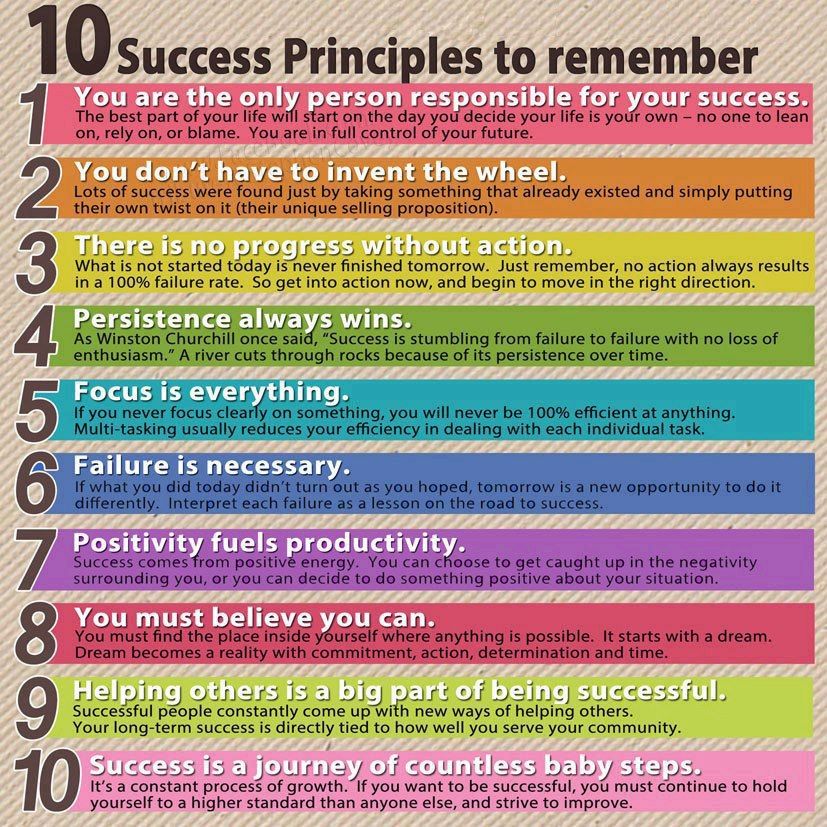 Be honest with yourself, say what you have to, and do what your heart tells you to do.
Be honest with yourself, say what you have to, and do what your heart tells you to do.
21. Monitor your stress level
Calm down, breathe deeply. Stop and redistribute your forces so that you can move forward again with a clear understanding of the goal.
When you're overwhelmed with work, a little break can refresh your mind and increase your productivity. In addition, short breaks give you the opportunity to look back and evaluate whether all your actions were aimed at achieving the goal. nine0005
22. Start noticing the beauty of small things
Instead of waiting for big events like marriage, having children, promotion or winning the lottery.
Look for happiness in small moments, seemingly insignificant things that happen every day.
A cup of aromatic coffee in the early morning, delicious toast and the smell of homemade food; the happiness of sharing a moment with those you love; the joy of holding your partner's hand. Learn to notice these little pleasures, and your life will become much more enjoyable. nine0005
Learn to notice these little pleasures, and your life will become much more enjoyable. nine0005
23. Learn to accept imperfections
Remember: perfect doesn't mean good. One of the biggest challenges for people who want to improve themselves and the world is to learn to accept things as they are.
Sometimes it is much better to accept the world and people as they are, rather than trying to fit them into incredible ideals. This does not mean that you need to settle for a mediocre life, refusing any changes. It's just sometimes worth accepting things even when they're not perfect. nine0005
24. Move towards your goals every day
Whatever you dream about, start moving towards it without missing a single day. Every small step, small action and achievement brings you closer to your goal.
Many of us at least once in our lives think about the need to follow our calling, but only a few really begin to work on it. To work on this means to gradually and steadily move towards the final goal.
25. Be open about your feelings
If you are suffering, give yourself time to get over it. But don't shut yourself up and don't try to stuff your suffering into a far corner of your consciousness. Talk to your loved ones, tell them the truth about how you feel, let them listen to you. This easy way to let your feelings out is the first step to experiencing suffering and feeling good again.
26. Take responsibility for your life
Accept your choices and your mistakes and be ready to correct them. If you do not take responsibility for your life, someone else will, and then you will become a slave to other people's ideas and dreams, instead of being a pioneer in your own path. nine0005
You are the only person who can control the consequences of your actions. Yes, it will not always be easy, each of us will have many obstacles. But you must take responsibility for any situation in your life and overcome these obstacles.
27. Actively Maintain Your Most Important Relationships
Bring honesty and real joy into your relationships with the people you love by simply telling them how much they mean to you, and do it regularly. You may not mean much to all people, but to some you are everything. nine0005
You may not mean much to all people, but to some you are everything. nine0005
Decide for yourself who these people are and treasure them as your greatest treasure.
Remember, you don't need a set number of friends - you need friends you know you have.
28. Focus on what you can control
You can't change everything, but you can always influence something. Spending your energy, talent, and emotions on things that are out of your control is the best way to feel powerless and frustrated. Therefore, direct your energies only to those things that you can change. nine0005
29. Focus on opportunities and positive outcomes
Before a person does something, he must believe that he can do it. A great way to avoid negative thoughts and destructive emotions is to evoke positive emotions that are far more powerful.
Listen to your inner dialogue and change your negative thoughts and attitudes into positive ones. No matter how the situation turns out, focus on what you want and then take the next step forward.

